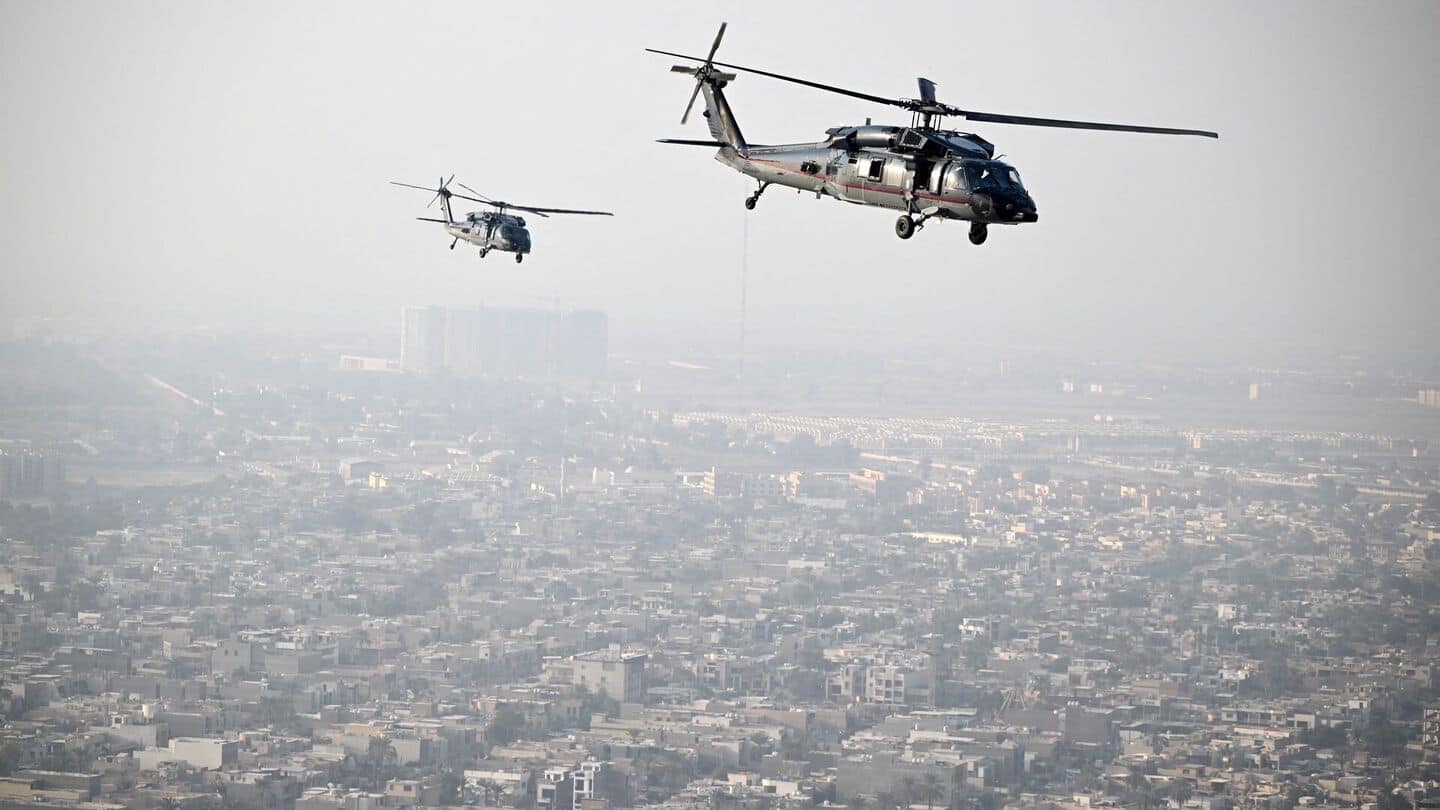
US evacuates Middle East embassies, army bases amid Iran tensions
What's the story
The United States has started a partial evacuation of its embassy in Iraq and allowed the voluntary departure of dependents of US personnel from several Middle Eastern countries, including Bahrain, Kuwait, and the United Arab Emirates. The order will not affect a large number of personnel. It is unclear what is triggering the abrupt shift in posture, but a defense official stated that United States Central Command (CENTCOM) is monitoring "developing tensions in the Middle East."
More
Israel fully prepared to conduct an attack on Iran
There has been growing uncertainty in recent days as talks between the US and Iran about the latter's nuclear program seem to have stalled. CBS reported that US officials have been informed that Israel is "fully prepared" to conduct an attack on Iran and that Washington "anticipates" that Tehran will retaliate by striking "American sites in...Iraq." Last month, CNN, citing sources, also reported that the US had gotten new intel indicating that Israel was preparing to strike Iranian nuclear facilities
Presidential statement
Iran must not obtain nuclear weapon, says Trump
Speaking to reporters about the decision, President Donald Trump said, "They are being moved out because it could be a dangerous place, and we'll see what happens. But they have been or we've given notice to move out, and we'll see what happens." He reiterated that Iran must not obtain a nuclear weapon, saying, "They can't have a nuclear weapon, very simple. We're not going to allow that."
Iranian reaction
Iran warns US
As rumors of US embassy staff and dependents leaving the Middle East region surfaced, Iran's mission to the United Nations stated on social media that "Iran is not seeking a nuclear weapon, and US militarism only fuels instability." The Iranian Defense Minister also warned of retaliation against any aggression, saying if conflict is imposed on them, "The opponent's casualties will certainly be more than ours."
Diplomatic efforts
Nuclear talks scheduled for this weekend in Oman
Meanwhile, CENTCOM chief General Michael "Erik" Kurilla has provided President Trump with "a wide range of options" to prevent a nuclear-armed Iran. The next round of nuclear talks between the US and Iran is scheduled for this weekend in Oman. However, officials said that it looked increasingly unlikely that the talks would happen. The longtime adversaries have been locked in a standoff over Iran's uranium enrichment, with Tehran defending it as "non-negotiable" right and Washington calling it a "red line."